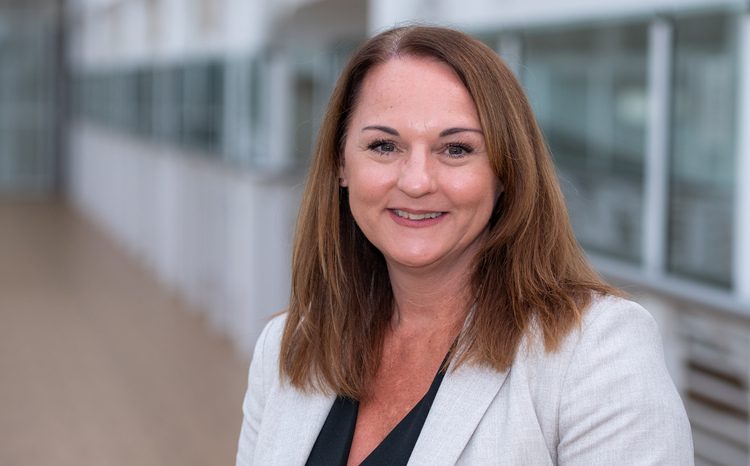Patients check records for errors
- 19 September 2005
A practical exercise to find out how many errors patients can find in their records and how many entries they would wish to keep out of any shared record is underway at Hadfield, Derbyshire.
Dr Richard Fitton, a GP who is a member of England’s Connecting for Health Care Record Development Board and a fervent believer in sharing records with patients, has asked 100 to go through their records and mark up errors and highly confidential, sensitive items they would not wish to share.
So far 17 records have come back showing 11 errors and 30 items not to be shared from 5,338 record entries. Dr Fitton told the EMIS National User Group annual conference at Warwick University last week that the results were being analysed by Professor Martin Severs, chair of the Information Standards Board.
Dr Fitton said the items to be kept out of shared records tended to come from the four ‘unmentionables’: mental health, infectious diseases, pregnancy and contraception and drug and alcohol abuse. Genetic data was also being marked.
The question of what to do about errors is a complex matter. Dr Fitton explained: “If something has to be expunged completely you have to go to court to do it.”
Deletions could be made, but they would remain in the audit data with a message recording what had happened to the information. The material was, however taken out of the working part of the record. Contended information would be kept but ‘quarantined’.
A lively debate ensued about how GPs would cope with patients examining and correcting records on a wide scale rather than in pilot exercises with small numbers.
One audience member acknowledged that some records had errors, however he said he had a patient who was threatening to sue over entries in his record about drug taking at university which were now preventing him getting insurance. “I think there need to be some very clear rules and educational information for patients about what will and will not be changeable.”
“Should we change it or perpetuate the errors?” asked Dr Fitton who argued firmly for sharing information with patients and resolving issues that arise.
The GP replied that the patient was not disputing the information – he just did not want it on his record.
Bedfordshire GP, Dr Mary Hawking, pointed out that questions about patients seeing their own data were covered by the Access to Medical Records and Data Protection Acts. “The problem with the [NHS] Care Record is the other people who get to use it – a lot of the problems are with secondary uses. We don’t seem to be dealing with that aspect.”
Dr Fitton said that – speaking in a personal capacity – he disagreed with data being downloaded to a central system and favoured the idea of distributed databases that could integrate information for people with a legitimate relationship with the patient.
“I hope that we shall move that way and we will have a much more workable model,” he said.




